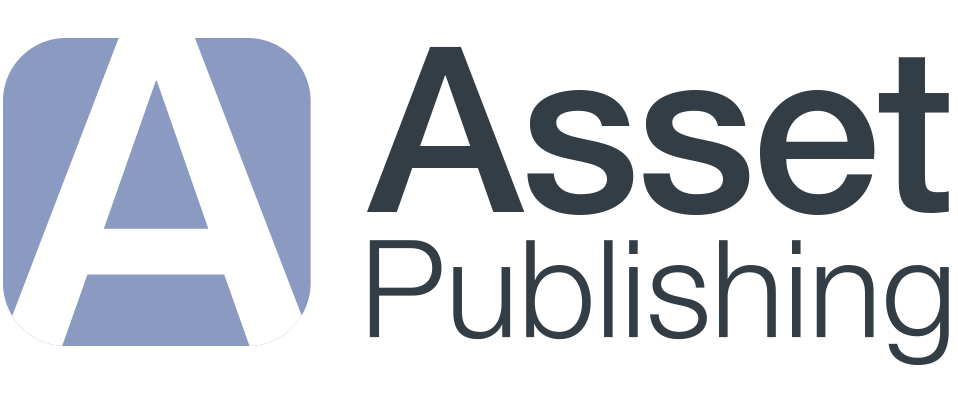More than 50% of unhappy medical scheme members win their case at regulator

- The medical scheme regulator found in favour of more than 50% of members who complained about denied claims and other issues.
- Complaints about denied claims often concern the treatment the scheme will cover for a prescribed minimum benefit.
- There has been an increase in complaints that are not addressed by medical schemes in time.
- For more financial stories, go to the News24 Business front page.
Members paid R40 billion for medical expenses not covered by their medical schemes last year.
About 2 000 members complained about these denied claims and other medical scheme issues, according to the Council for Medical Schemes. The medical scheme regulator found in favour of more than 50% of those who complained, resulting in many members' claims being paid, or paid more fully.
But many other members' complaints were dismissed because the council found their schemes applied scheme rules correctly. In these cases, members often did not know or understand the benefits their schemes provide.
The council's latest annual report for 2023/24 shows that schemes collected R232 billion in contributions and paid out R218 billion in benefits for more than 9 million members and their dependants.
While many claims were paid, substantial sums are being paid from members' pockets.
Some members choose to pay for treatment not covered by their scheme, but often out-of-pocket payments are a financial shock arising from members' failure to understand how scheme benefits and the law allow schemes to control their costs and ultimately your contributions.
The Council for Medical Schemes noted "a gap in beneficiaries' understanding of commonly used concepts in the medical scheme industry" such as pre-authorisation, treatment protocols, formulary, and scheme tariffs.
This was particularly noticeable in open schemes that were responsible for close to three quarters of all the complaints.
Minimum benefits denied
The council dealt with more than 500 complaints about prescribed minimum benefits (PMBs) – benefits that schemes are obliged by law to provide.
The report identifies the causes of PMB funding disputes as:
- Disputes over the interpretation of PMB levels of care;
- Real or perceived unfairness in the application of treatment protocols and formularies; and
- Short payments when members do not use designated service providers.
The report notes that despite issuing numerous rulings against offending medical schemes, medical schemes continued to incorrectly apply monetary caps and benefit limits to PMB funding for post-amputation prosthetic limbs.
PMBs must be paid but beware of non-PMBs
In one instance that resulted in a complaint, a Polmed member who had diabetes and had a leg amputated complained because his prosthetic leg was not funded in full.
The scheme had a limit on prosthetic limbs and the member's limb exceeded this limit. It advised the member to claim the balance as an ex gratia payment.
But the council found that the amputation and the limb was required as a result of complications of the member's diabetes which is a PMB. As a result, the council's CEO who is also the Registrar of Medical Schemes ordered Polmed to fund the prosthetic leg as a PMB.
However, in another complaint, the registrar found that an amputation was not a PMB condition and the member's scheme, Bonitas, was within its rights to pay up to the scheme's benefit limit of R90 000. The prosthesis the member had fitted cost in excess of R147 000.
Treatment disputes
Complaints about denied claims often concern the treatment the scheme will cover for a PMB. In a complaint against Discovery Health Medical Scheme, a member won the right to have a particular radiation therapy for prostate cancer.
Treatable prostate cancer is a PMB but the scheme denied the treatment on the grounds that there was insufficient clinical evidence to support the use of the treatment. It recommended an alternative.
The Council for Medical Schemes clinical committee, however, found that the treatment is a PMB level of care and available in the state. It therefore ordered the scheme to abide by the PMB regulations which state that schemes may not provide treatment for PMB conditions that is less than what you could get in a state facility.
Benefit and admin complaints
The largest category of complaints was those the council classified as administrative.
The council dealt with more than 1 000 complaints relating to the payment of benefits, pre-authorisation, customer service, medical savings accounts, contributions and benefit option changes.
One such complaint to the registrar concerned a member who requested pre-authorisation from Medshield for a procedure to clean out damaged tissue in the hip joint.
The authorisation was denied as the member's option excluded this procedure and it is not a PMB condition.
The member then requested to upgrade to a higher option that would provide cover for this procedure, but her request was denied.
Medshield's rules provide for upgrades once a year, effective from the start of a new year only. Schemes are entitled to decide whether they will permit upgrades during the year or not.
The member's complaint was therefore dismissed.
Schemes fail to deal with complaints
The Council for Medical Schemes noted a concerning increase in complaints where medical schemes failed to address member queries timeously, resulting in these matters being escalated to the council as complaints.
It also says schemes fail to inform members of their internal dispute resolution committees and clinical appeal processes.
The Medical Schemes Act and its regulations oblige medical schemes to put processes in place to deal with your funding and benefit queries.
When complaints are referred to the council, they typically take up to 60 days to be resolved if they are uncomplicated, while legally or clinically complicated cases take between 60 and 120 days. Some cases take more than 120 days to resolve, the council notes.
This article was first published on SmartAboutMoney.co.za, an initiative by the Association for Savings and Investment South Africa (ASISA).
News24 cannot be held liable for any investment decisions made based on the advice given by independent financial service providers. Under the ECT Act and to the fullest extent possible under the applicable law, News24 disclaims all responsibility or liability for any damages whatsoever resulting from the use of this site in any manner.
We live in a world where facts and fiction get blurred
Who we choose to trust can have a profound impact on our lives. Join thousands of devoted South Africans who look to News24 to bring them news they can trust every day. As we celebrate 25 years, become a News24 subscriber as we strive to keep you informed, inspired and empowered.
Related Links
Read more on:
